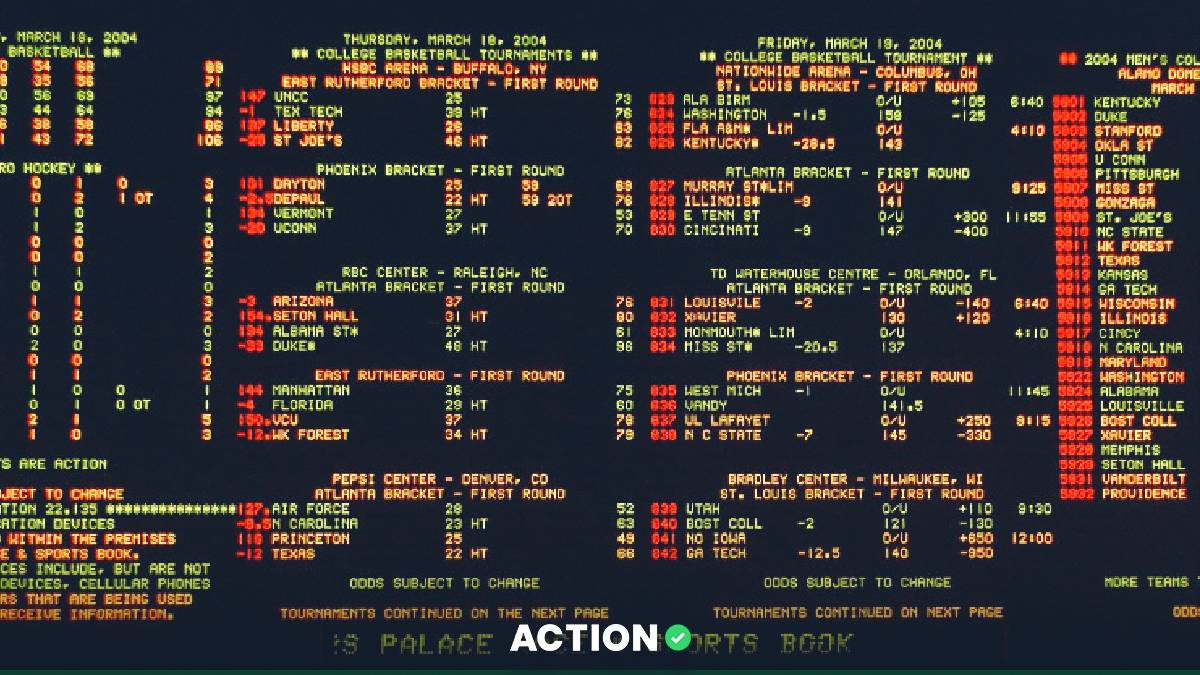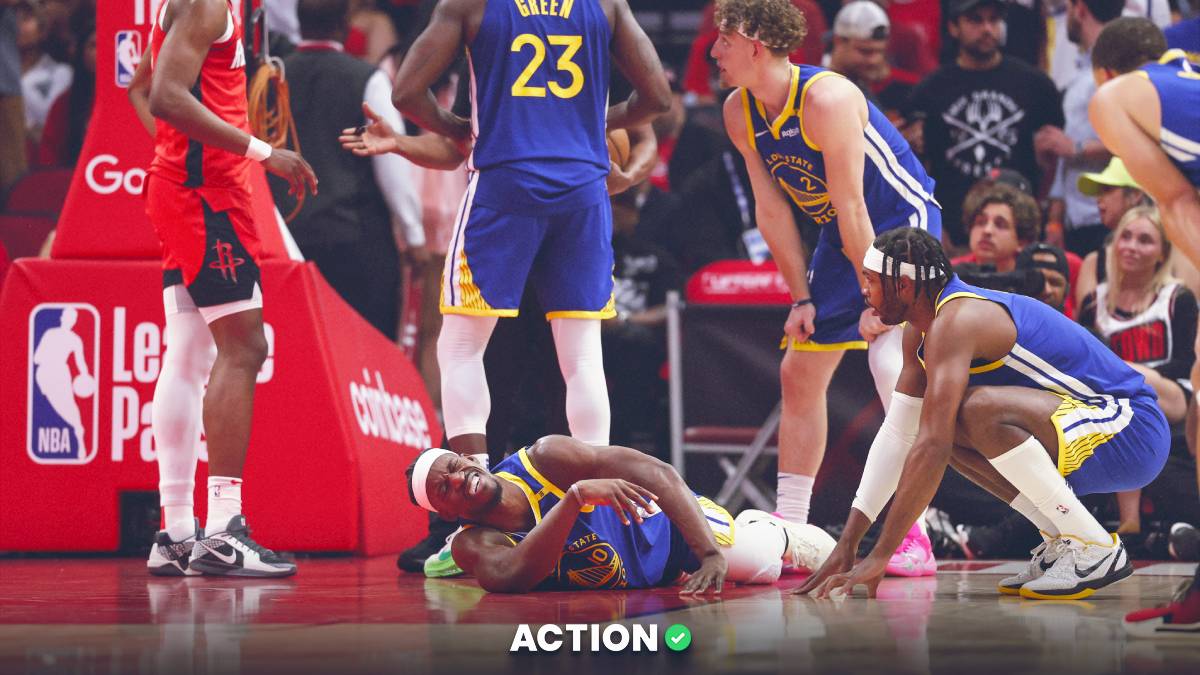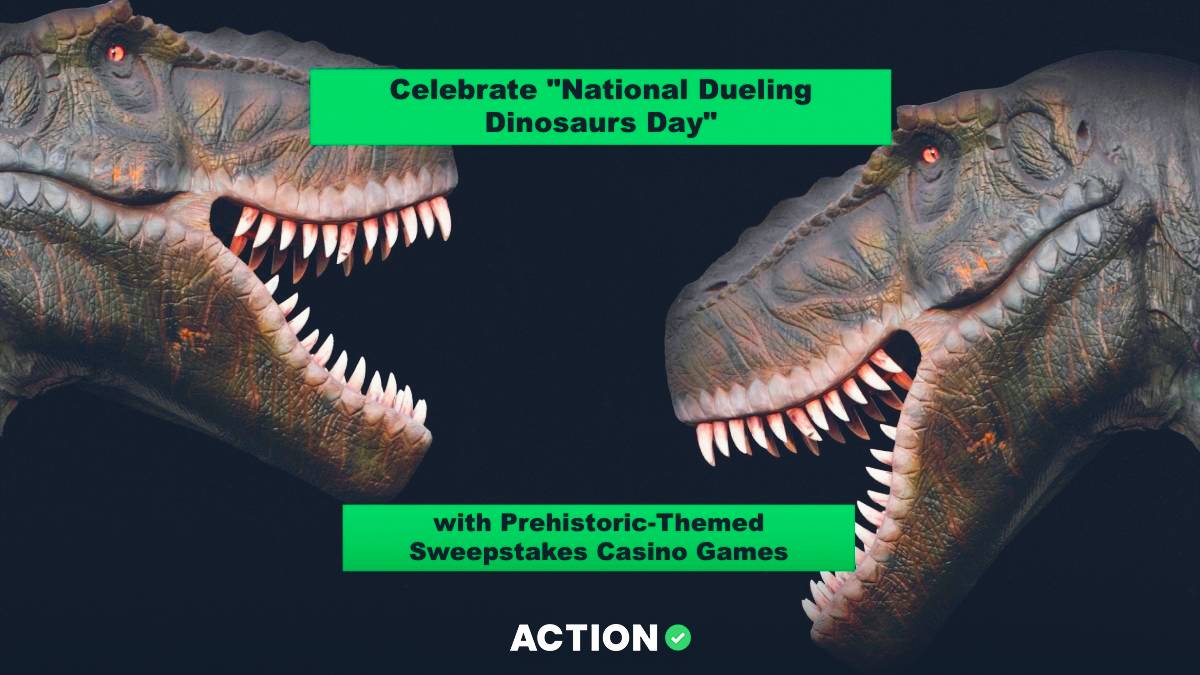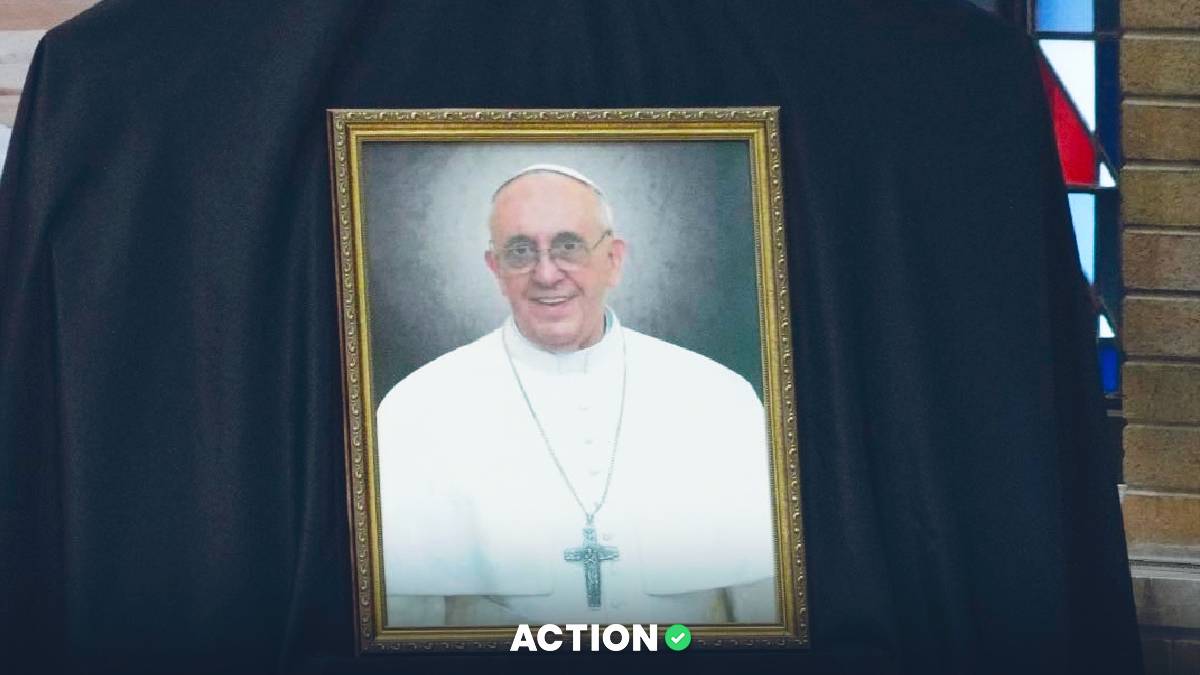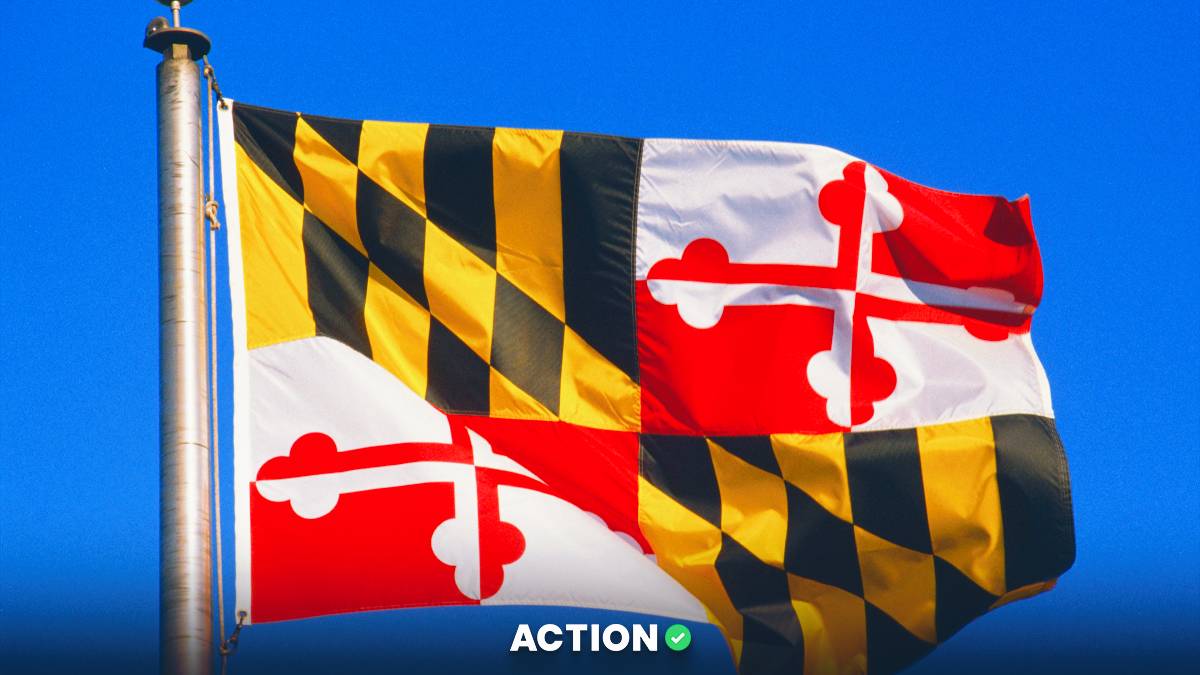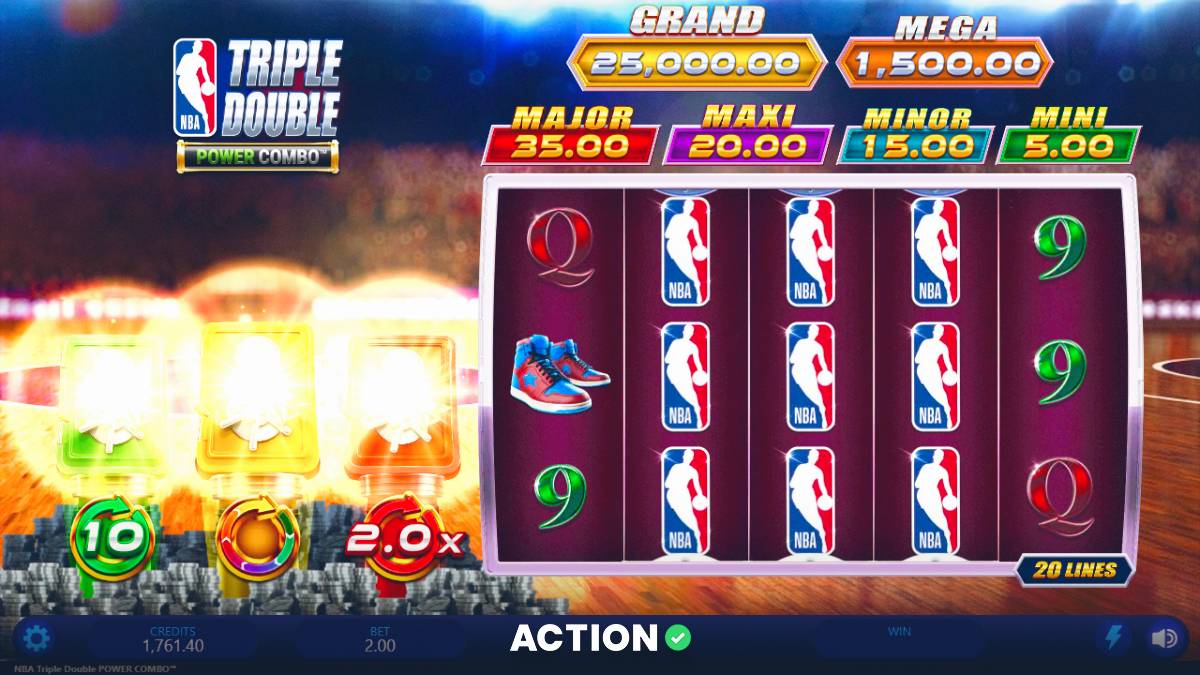Three bills that would legalize sports betting in Oklahoma have advanced, but it is anyone’s guess how far they will go.
The Oklahoma Senate narrowly approved Senate Bill 585. SB 585 modifies tribal gambling compacts, expanding the compacts to include sports betting operations.
Initially, the proposal failed with 24 votes in favor and 22 against. However, after a 30-16 vote approved a motion to reconsider, the bill ultimately passed with 25 senators in favor, 15 against, and seven abstaining.
It has now moved to the House.
What Does SB 585 Change in Oklahoma?
Senator Bill Coleman and Representative Ken Luttrell introduced SB 585. This bill aims to set up a framework allowing Native American tribes to facilitate both in-person and online betting on tribal lands. The Oklahoma Horse Racing Commission would regulate this burgeoning market.
Additionally, the commission would grant a single sports betting license to a professional sports team, namely, the NBA's Oklahoma City Thunder.
Under this proposal, the Thunder could partner with a tribal-approved mobile sportsbook.
The revenue generated from this sports betting license would be shared among all tribal entities that have joined the state's Model Tribal Gaming Compact. With an estimated $20 million in annual tax revenue and a low tax rate of 10% on online sports betting, this legislation promises economic benefits for the state.
Two Additional Sports Betting Bills Also Move On
HB 1047 and HB 1101 also passed.
HB 1047 allows sports betting in Oklahoma and gives tribes the ability to operate it. It also keeps current funding in place for treating compulsive gambling.
The bill ensures that the Oklahoma Department of Mental Health and Substance Abuse Services continues receiving $20,833 each month. It also adds to the Model Tribal Gaming Compact by permitting sports betting in exchange for a 10% exclusivity payment to the state.
If HB 1047 doesn't get approved by the entire legislature, HB 1101 sets up a public vote to decide on sports betting.
This means the legislation provides a process or framework through which Native American tribes in Oklahoma can choose to incorporate the new terms or additions to the existing state gaming agreements, known as gaming compact supplements. It allows tribes to legally adopt and implement new elements of the gaming compact, such as the introduction of sports betting, in accordance with the terms set by the state.
Governor Stitt Not Onboard
But there’s a problem. Oklahoma Gov. Kevin Stitt rejects the tribal-backed sports betting bills.
He said these bills don't create a free-market system like his own plan from November 2023 does. His proposal would let casinos run sportsbooks with a 15% tax and mobile sports betting with a 20% tax. However, the tribes did not generally support this idea. Under his plan, anyone, including the tribes, the Oklahoma City Thunder, or companies like DraftKings, could get a commercial license for $500,000.
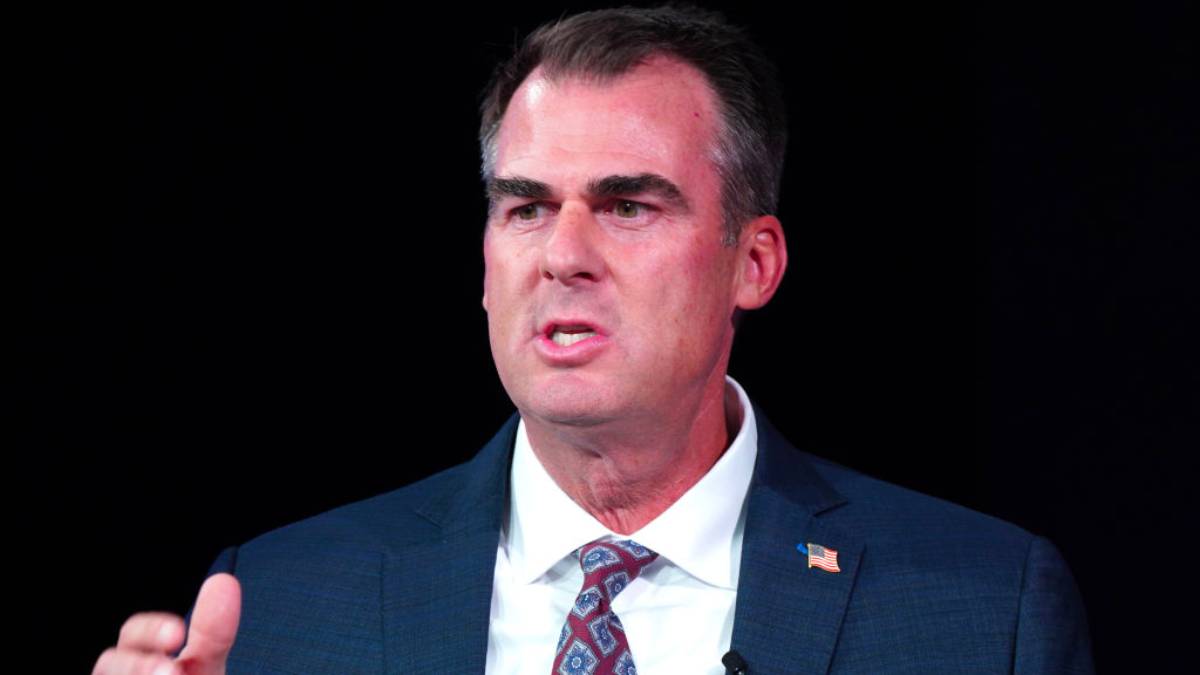
His thoughts on the three current bills that were just approved: “None of those bills that have moved off the floors of the House or Senate have got my input on them,” Stitt said. “Conceptually, we’re fine with sports betting. But ultimately, it’s got to be a free market solution before I would put my signature on a bill like that,” he added.
The tribes are open to compromise but resist Stitt’s broad proposal. They have a strong economic impact in the state and significant legislative support. This disagreement has stalled sports betting efforts in Oklahoma because, by federal law, tribes need the governor’s approval to change casino gaming offerings.
Tribal leaders prefer to wait until Stitt leaves office in 2027 before considering new sports betting laws.
History of Sports Betting in Oklahoma
The state’s foray into legal gambling has been closely tied to its Native American tribes. The history of sports betting in the state is an extension of this partnership. In the early 2000s, Oklahoma voters approved the State-Tribal Gaming Act, allowing for compact agreements between the state and tribes.
This move led to a surge in tribal casinos and gambling revenue.
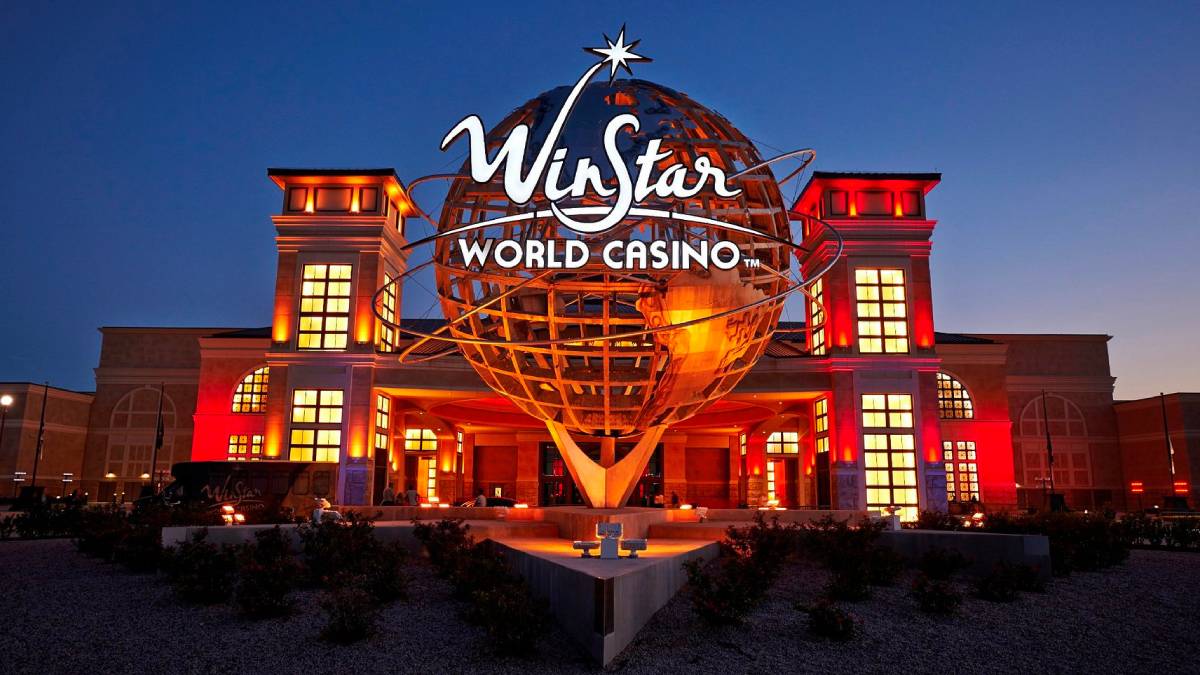
However, sports betting remained largely off-limits due to state and federal restrictions. It wasn’t until 2018, when the Supreme Court struck down the Professional and Amateur Sports Protection Act (PASPA), that states began discussing legal sports betting. This ruling opened doors for states like Oklahoma to consider legalizing sports betting.
Despite this opportunity, the road has been complicated by the state's unique relationship with its tribes, who are major stakeholders in the gaming industry.
Oklahoma Sports Betting Bills Unlikely to Pass
As the bills progress, the Oklahoma City Thunder and the Oklahoma Indian Gaming Association will continue negotiating to finalize their details.
However, all three sports betting proposals face major political challenges before becoming law. Governor Stitt’s opposition is a major factor.
By federal law, tribes need the governor’s approval to change casino gaming. While 39 states have legalized sports betting in some form, Oklahoma, with the most gaming facilities per capita, remains one of the few holdouts where such bills are seriously debated.
If successful, this move could herald a new era of sports entertainment and economic benefit for Oklahoma, all while respecting and involving the state's tribal communities. This blend of tradition and innovation could redefine their gambling industry for years to come.


